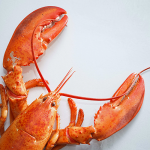
Eat fish for your health!
Eat fish for your health!
Fish is not always accepted by children…
In terms of the motor and sensory development and the functional readiness of the digestive and renal system, the majority of infants is ready to accept other types of food from the age of 6 months. According to the recommendations, new food products should never be introduced earlier than 4 months of age, preferably about the age of 6 months, and the particularities of the infant should always be taken into account, such as atopy and food allergies, as well as the habits and economic situation of the family.
Fish: protein and nutrient source
Fish is an important source of protein and other nutrients with a relevant function on the development, such as long-chain n-3 polyunsaturated fatty acids, iodine and iron. As a protein source, in nutrition we call them high biological value proteins, which means that they have essential amino acids in proportions adequate to the body.
The introduction of fish should take place after the age of 6 months, starting with white fish such as hake, sole and plaice. Its introduction should start in vegetable broth/purée, in 10 g portions, which can gradually be increased up to an intake of about 25-30 g per day of fat-free, skinned and boned fish.
Children often dislike fish due to the way it is cooked, but this is not the only reason. It is important to have in mind that there are “windows of opportunity” for the development of abilities in taste and texture training, as well as for the gradual acceptance of solid food products. The absence of this training, which should take place between 8 to 10 months, may compromise the whole process of food diversification and increase the future risk of difficulties in what concerns nutrition.
It is vital to consume fish, as far as it is an excellent source of omega-3 fatty acids, a fat that is indispensable for the proper functioning of the heart and brain, as well as zinc, a mineral that is crucial for the development and growth of children and contributes to increase appetite and taste. It is also high in iron, another key mineral to the body of a growing child, especially as an element that can prevent anaemia.
So that fish and other food products have their synergy and complimentary action on the health of the child, and no nutrient is spoiled, food should be diversified, colourful, flavoured and, above all, have a pleasant smell, because certain food products are often accepted or rejected through their aromas or scents. This way, in order to promote fish consumption by children, it is essential to cook healthy but tasteful meals, where spices and herbs play a key role towards a better acceptance of its consumption.


